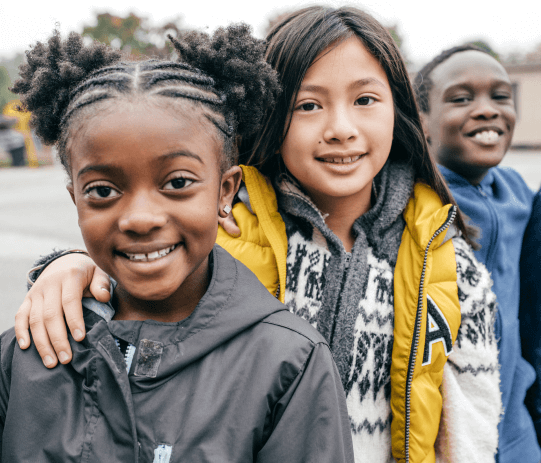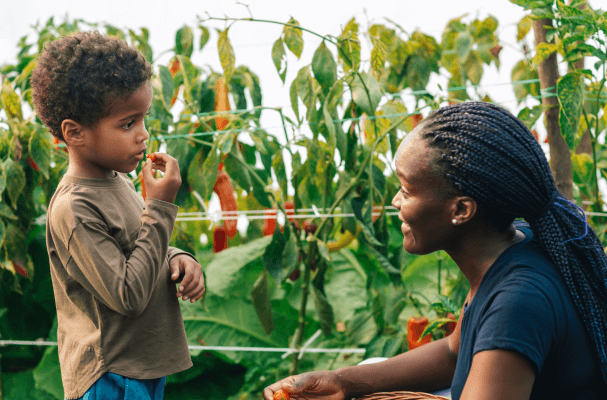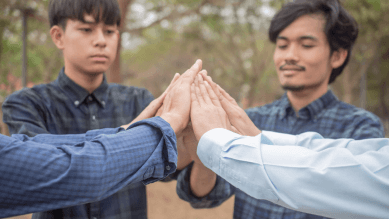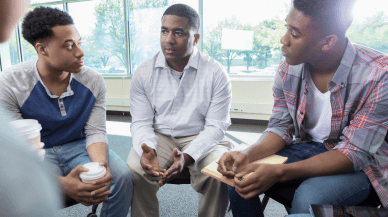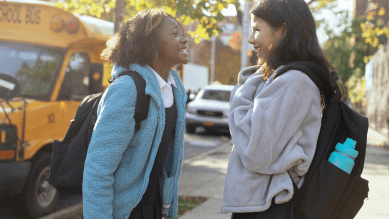Young people of color grow when they increase their knowledge about their histories and why the problems of dehumanization and racism exist. Armed with truthful information, they are better able to reject harmful narratives about themselves. This self-awareness helps them to harness their power in all areas of their lives and refrain from internalizing racial trauma and toxic stress.

